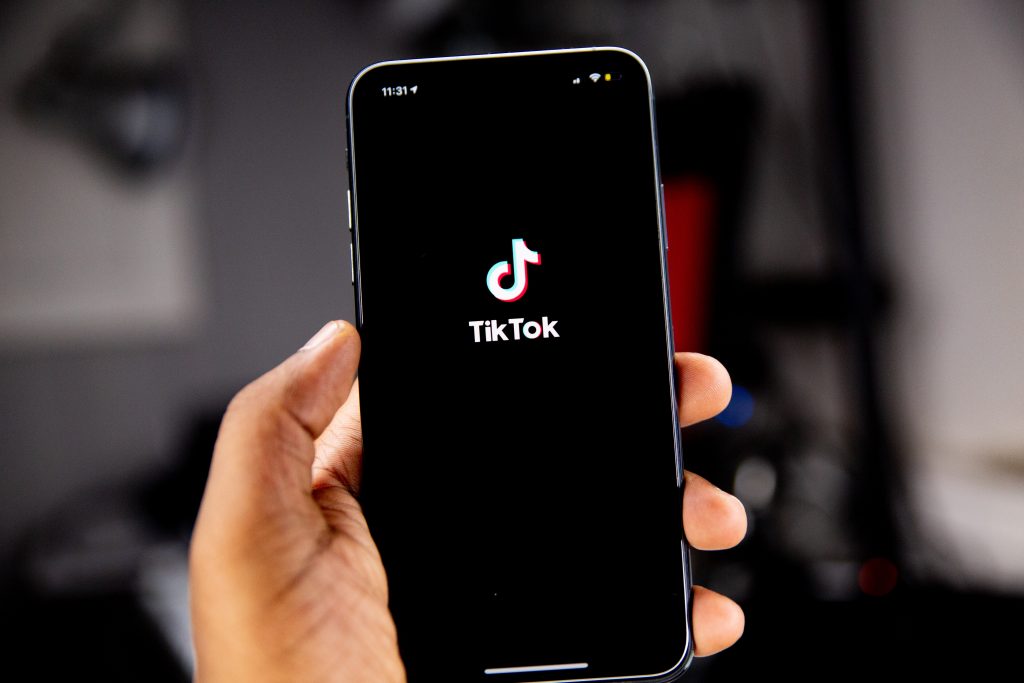
A good bill filed at the Arkansas Legislature last week would help protect minors in Arkansas from accessing social media sites without parental consent.
S.B. 396, the Social Media Safety Act, by Sen. Tyler Dees (R – Siloam Springs) and Rep. Jon Eubanks (R – Paris) requires social media companies to verify users’ ages and not to grant minors access to the social media platform without parental consent.
The bill contains protections for user privacy. A social media company that violated the law could be held liable.
More and more, social media platforms simply are not a place for children — at least, not without parental supervision.
Just last month social psychologist Jonathan Haidt published an analysis that delved into a decade’s worth of data and research on mental health.
His conclusion? Social media is a major cause of mental illness in girls.
As he wrote, “The hours girls spent each day on Instagram were taken from sleep, exercise, and time with friends and family. What did we think would happen to them?”
On the TikTok platform — which is very popular with youth — The New York Times reports that teen users developed tics similar to Tourette’s syndrome during COVID lockdowns.
Researchers are still analyzing the reasons why, but the consensus seems to be that this was a social contagion that spread online at a time when some teens were using social media more than ever.
Besides hurting mental health, there is other harmful content on social media.
In December, news outlets reported how TikTok’s algorithm was suggesting videos that promoted self-harm and eating disorders to teenagers.
Occult videos on TikTok — labeled “WitchTok” — have garnered an astounding 18.7 billion views.
A recent CDC report found 16% of high school students were electronically bullied in 2021 through texting, Instagram, Facebook, or other social media platform.
The list goes on.
Legislation like S.B. 396 would help parents and social media companies protect children from harmful content online.



